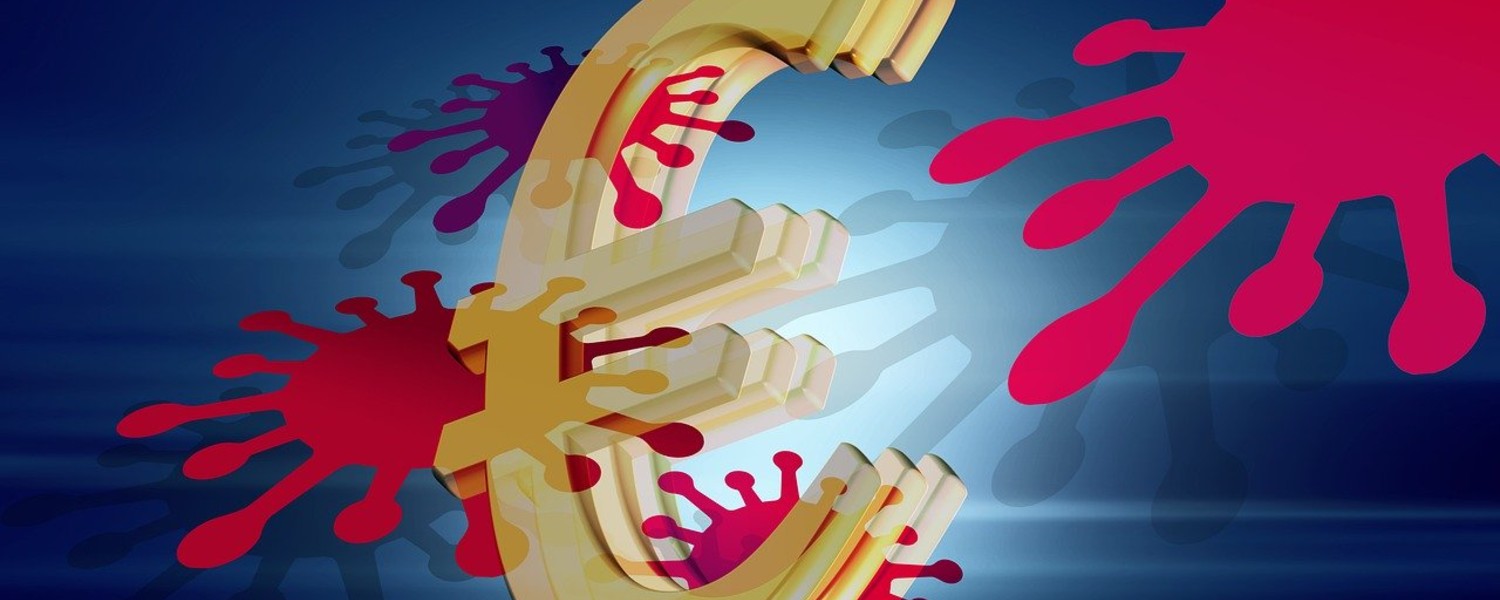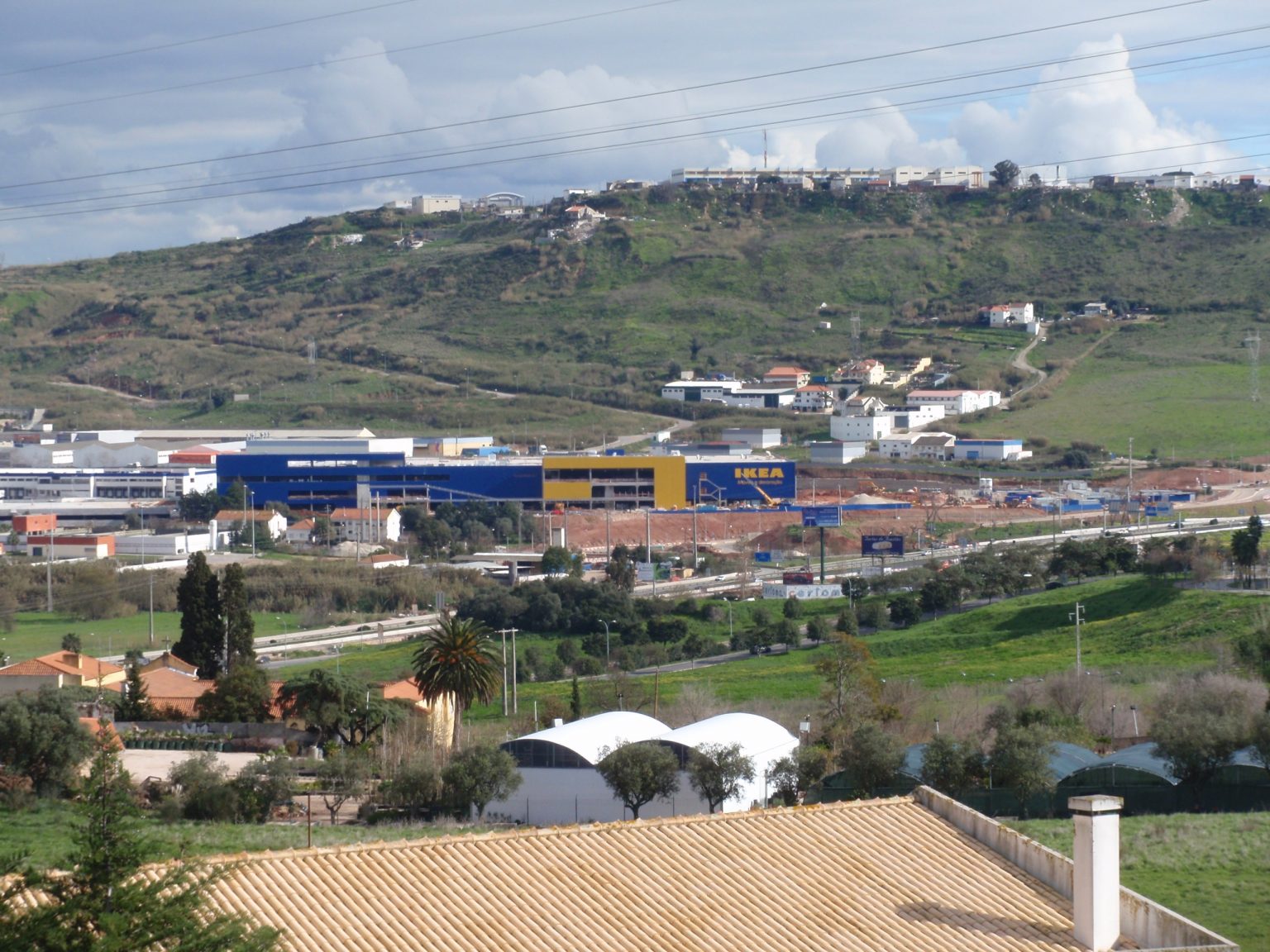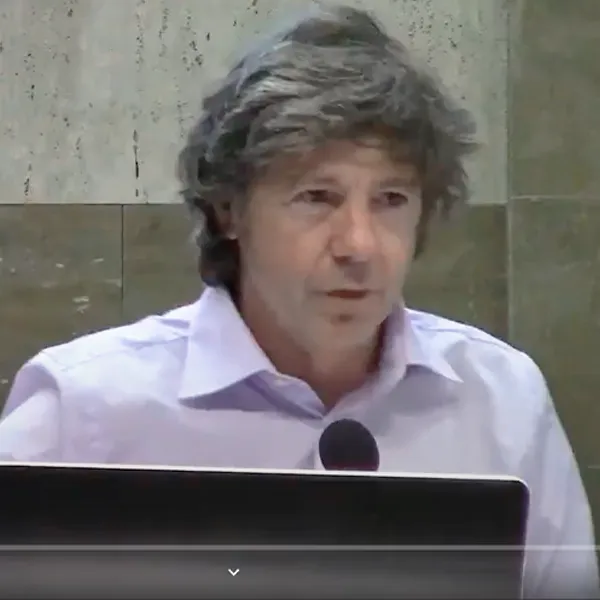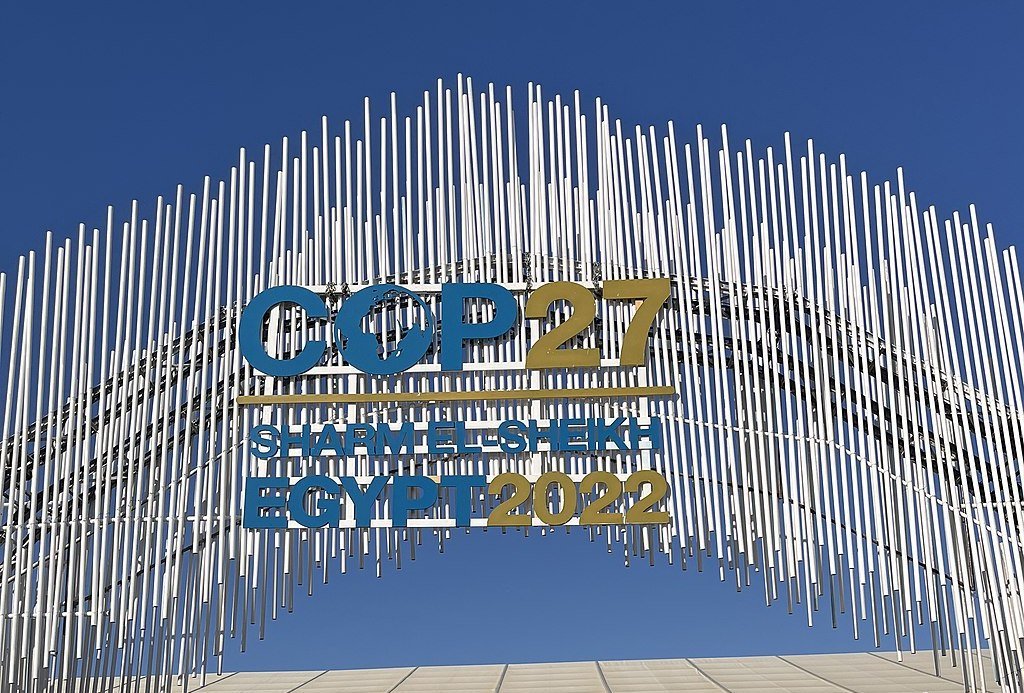This article was originally published at the Romanian section of The Barricade on 9 May 2020.
On May 9th, 1945 after the victory of the Soviet and Allied forces against fascism, life restarted. The social reconstruction meant not only the celebration of peace, but also the geopolitical and economic redivision of the world between the big powers. But the period after 9 May 1945 couldn’t avoid being marked by the historical development of capitalism, by its internal contradictions, and by the way in which one solution to those contradictions laid the grounds for the appearance of future crises. The line of events, starting from colonialism, continuing with the 19th century imperialism that created the conditions of wars between the big powers, and further with World War One and the Great Depression in the 1930s, all contributed to the (re)creation of a modern world based on unequal development and the concentration of global power in the hands of a few countries.
The postwar reset meant that a new attempt to save the capitalist system, this time through the welfare state, would take place. Also, it included an experiment with the construction of an alternative regime in the form of state socialism. Besides, it was as well as about the Cold War between these two worlds, a frame of economic competition, of continuous armament (including nuclear weapons), and of a politics of reciprocal delegitimization.
From antifascism to the creation of an economic community
Again on the 9th of May but 5 years later, the Declaration of the French foreign minister Robert Schuman, marked the start of the efforts towards Europe’s reorganisation as a pacifist entity. In the first step toward this European federation, there was to be “the setting up of common foundations for economic development, ” as he dreamt. It was meant to bring “change in the destinies of those regions which have long been devoted to the manufacture of munitions of war, of which they have been the most constant victims.” The main idea was that “Franco-German production of coal and steel as a whole be placed under a common High Authority” and the introduction of mechanisms for “rational repartition of productions and prices adjustment” and liberation from “customs taxes of the movement of coal and steel between the countries, which join such a community.” This was the interest of postwar European capitalism. It wanted to create an economic Europe, in accordance with Schuman’s concept of merging markets and the expansion of production. This European capitalism imagined an economic community which was to form something different from “the international cartel, which aimed at the repartition and exploitation of national markets through restrictive practices and through the maintenance of the growing profits.”
But, this economic community under capitalism couldn’t but be dominated by the logic of capital. Schuman’s idea was realised in 1951 through the creation of the European Coal and Steel Community composed of France, the Federal Republic of Germany, Belgium, Italy, the Netherlands and Luxembourg. Then, in 1957 the six countries signed the Treaty of Rome, which created the European Economic Community. In 1960 seven other countries – the United Kingdom of Great Britain and Northern Ireland, Denmark, Norway, Sweden, Austria, Switzerland and Portugal founded the European Free Trade Association. It is an example of free trade policy conceived against protectionism. Contrary to the latter, which supposes import tariffs and export subsidies, the EFTA aimed at support for the employment of local labour, the economic policy of free trade, eliminating restrictions on imports, but also exports to other countries. As far as the internal policies of member states were concerned, they were to a great extent following Keynesian doctrine, which was developed as an answer to the Great Depression. This strategy combined the management of economic markets with measures for increasing the population’s welfare under the tutelage of the state. It meant, among other things, massive public investment in production and a reduction in private investment and an economic recession. On the other hand, it also meant public investment in public services with the goal of strengthening the consumption capacity of workers and demand, which could stimulate production. That also meant an increase in workers’ welfare through the creation of jobs, an increase of salaries and the development of the public sector – health, education and housing. Capitalism’s crisis in the 1970s generated political decisions, which led to the change of this regime of capital accumulation.
The Nixon presidency overthrew the Bretton Woods monetary system in 1971. After World War Two, this system had seized control of currency exchange rates, but in the 70s this system was undermined. The crisis of 1970 was related to the generated energy crisis in the context of the Arab-Israeli war, in which the OPEC group imposed an embargo on oil exports to big supporters of Israel’s war, first of all the USA. As a response to those challenges, the European economic community united additionally and in 1986 launched the Single European Act, which meant the elimination of all the barriers to a single European market. The next principles were marked by the Maastricht Treaty in 1994, which marked the construction of the EU the way we know it today – free movement of capital, people, goods and services – and reflected the interests of neoliberal capitalism.
The expansion towards the East of the single European market
The ever greater need for new geographic territories and economic sectors for investment and capital accumulation imposed the integration of former socialist countries into the EU in 2000. The process which followed was supported by European firms’ need for a larger profit base than the one which national states could offer. At the same time, the free movement of capital was the state’s answer to capital’s dissatisfaction with the losses suffered with regard to the labour force in the state capitalist regime. Delocalisation of industrial production in capitalist countries advanced towards Central and Eastern Europe and this was a blow to the labour force in the latter and a gain for global capital. What happened in CEE had already taken place in the 1970s and 1980s with regard to Latin America and Asia. The labour force, which was freed through the privatisation and bankruptcy of industries in this region, didn’t have any negotiation power in relation to employers or the state, which had decided to sell the country on the global market as a source of cheap labour. In spite of all the European optimism, which was promoted in Romania, we were the ones who felt it most negatively, what this rupture between economic Europe and social Europe meant.
In other words, what does it mean to have a union which supports the free movement of capital from the North and the West of Europe towards the South and East with imposed conditions upon the countries in peripheral regions? But also, what does the movement of a precarious labour force, unprotected from the state or from transnational structures in the opposite direction mean? The politics of conditionality refers to the privatisation of the public sector in all domains of production and services, flexibilization of labour through the limitation of rights, freezing of salaries, and banning unionisation of the workers; also the reform of the state, which meant the cutting of public service costs for housing, health, education and social protection. Over the last decade this became ever more clear: Social Europe was limited to a few recommendations, made to the member states, by the European institutions with regard to the fight against poverty and social exclusion or respect towards human rights. At the same time, economic Europe meant packages of economic measures, fiscal and monetary obligations, which in turn contributed to the systemic perpetuation of poverty and exclusion, of inequalities between the core states and peripheral states of the EU. The territorial and social cohesion policy couldn’t and will not be able to bear fruit in the sense of equalising wellbeing in the member states of the EU, namely because of these structural discrepancies between the economic and social Europe.
The rupture between the economic and social in the Europe of inequalities
Facing the economic recession, which was seen on the horizon even back in 2019 and which was aggravated by the COVID-19 pandemic, the EU activated a known strategy for the latest crisis. The financial crisis from 2008-2009 was also rooted in the contradiction in the American capitalist hegemony (resulting from economic expansion, based on the real estate bubble, the credit system, public indebtedness and corresponding private indebtedness) which attempted to resolve the problems through fiscal measures and governmental support for the financial and banking sector. Unlike then, now there is a recession which has manifested in the reduction of industrial production and GDP, or economic contraction. That is why now there is state support directed towards affected industries and in general towards small and medium enterprise.
Something specific to today’s crisis is that it is caused by the dramatic effects of the measures for fighting the spread of the infection; effects which have influenced tourism, hotels, cross-border transport, especially the aerial transport, the restaurants, the show business and all the services related to these domains. They became the primary sectors for capital accumulation in the times of deindustrialisation. Also, the development of the built urban environment, including housing, became more important as secondary circuit of capital in financial capitalism. The granting of state aid, allowed by the European Commision as an answer to the pandemic, is a consequence of the renouncement of the budget deficit ceiling of 3% of GDP, settled in the Stability and Growth Pact. Indifferent what sector is about to be supported, the European Commission promotes state aid given to private companies. Obviously, without the condition that the state should become a shareholder in these companies and with no conditionalities in what regards the companies’ owners’ obligations towards assuring proper salaries and labour conditions for the employees. The rise in salaries, expenditures for social protection and investments in public services, including in public housing (maybe with the exception of public health), are considered losses and obstacles in the economy’s relaunch. But granting of state aid for the private sector means also that the inequalities between member states will become even greater. States such as Germany, which has strengthened its economy and public budget after the Troica (IMF, EC, ECB) imposed a solution for the previous financial crisis, can invest a lot more in every economic domain and recover faster than peripheral countries such as Romania.
The countries of the periphery have also smaller financial reserves and potential for GDP that is independent from the production chains which are dominated by German companies. Also, the labour force in Romania will be even more vulnerable and exploited not only in the country, but also abroad, and will continue to live in worse conditions and with a lower life expectancy than the EU’s average.
From the recent declarations of the president of the World Bank, it can be understood that the tendency described above is not only supported economically, but is also supported through decisions of international financial institutions, which hold the position that they have to support first of all the developed countries, so that they can recover faster. It is probable that credits from the IMF and the WB could reach Romania with the same austerity conditions as before.
That is why for us – those from the periphery, the day of 9th May, continues to be a day of economic Europe, which works for profit, not a day of equal Europe. Let us be happy, if the core countries from the EU, together with the dominant countries of global capitalism don’t transform their political tensions into real wars, in which we will be conscripted. Instead of well-being for all, the European economic community has brought a lot of austerity for the many and wealth for the few. Even though this united Europe was created after the victory over fascism, today we observe rising investments in the industry of war. Europe must revolutionise as an antifascist union of economic equality and social rights if it wants to be the one Europe which we are all happy with.











